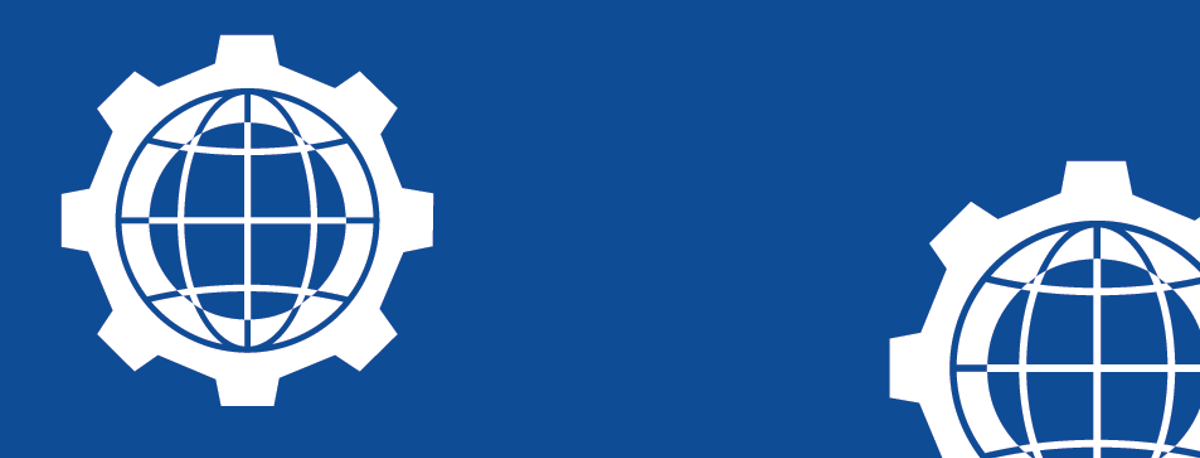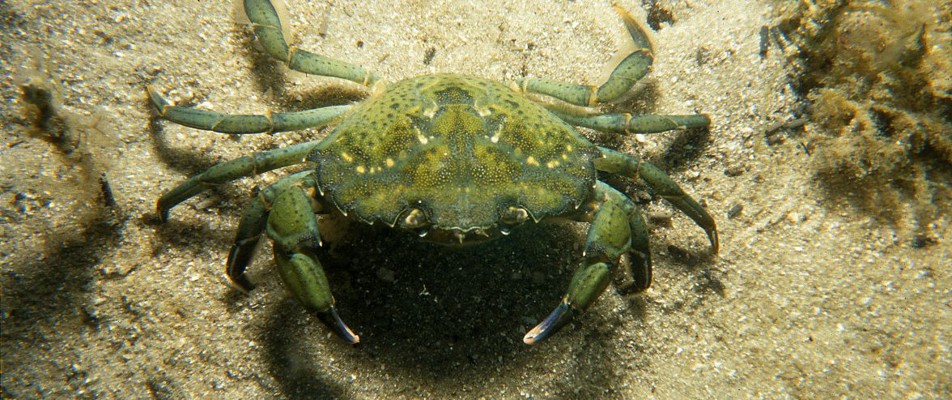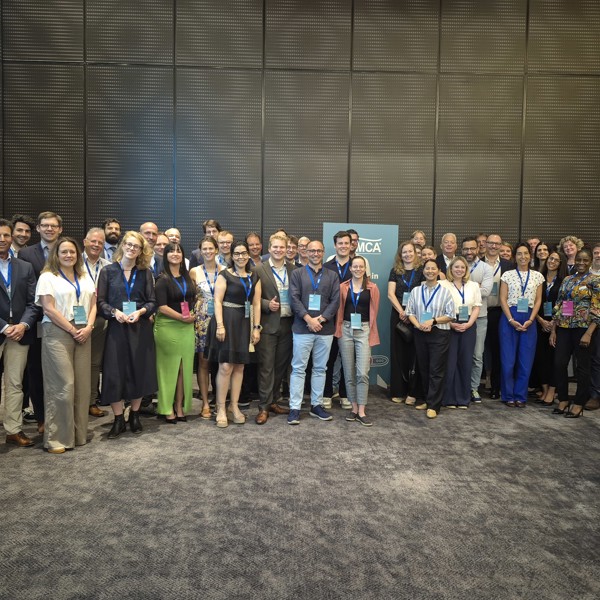Invasive species are organisms that spread to areas outside their native range posing a threat to native flora and fauna and are seen as a major cause behind the global decline in biodiversity.
Marine invasive species can negatively impact ecosystems in several ways. They can:
- Eat or parasitise often defenceless native species which in some cases, can lead to their extinction.
- Outcompete native species for food, light, or spawning sites and, if left unchecked, can dominate habitats and smother native species.
- Bring new diseases and alter habitats.
- Trigger ecosystem change.
- Cause negative economic impacts.
The transfer of marine invasive species through the movement of vessels from one region to another has long been recognised as a significant environmental risk, with the International Maritime Organization’s (IMO) first guidance on the issue published in 2004.
More recently, the UN Biodiversity Conference to support the Implementation of Sustainable Goal 14 has emphasised the urgent need for enhanced protection and conservation of marine ecosystems, and the topic of ballast water management, has formed part of the 80th session of the IMO’s Marine Environment Protection Committee (MEPC) last summer.
To support Members to take proactive measures to mitigate the harm caused by invasive species on marine environments, IMCA has produced new Guidance, Mitigation of Marine Invasive Species: Biofouling and Ballast Water (IMCA ES002), which aims to minimise transmission, and highlights best-practices to follow through detailed case studies from DeepOcean, Fugro, TechnipFMC, and SBM Offshore.
Representatives of these companies, along with Global Maritime, made up the Life Below Water workgroup which helped IMCA to draft the document.

Through the vessels they own and work with, IMCA Members are in a unique position to positively address challenges to oceanic biodiversity from invasive species and minimise the impact of biofouling and poor ballast water management.Download IMCA ES002
Commenting on the publication of the new IMCA Guidance, Mary Ntamark, Technical Adviser – Environmental Sustainability, said: “Through the vessels they own and work with, IMCA Members are in a unique position to positively address challenges to oceanic biodiversity from invasive species and minimise the impact of biofouling and poor ballast water management.”
“I’d like to thank the Life Below Water workgroup for their input into the document, and for their support throughout the drafting process. The end-result is Guidance which not only outlines practical and tangible steps, but one which will enable the creation of company-wide strategic approaches.”
“The challenges to global biodiversity in our seas are both urgent and significant, and our Guidance will help Members to play their part and mitigate their environmental impact.”




